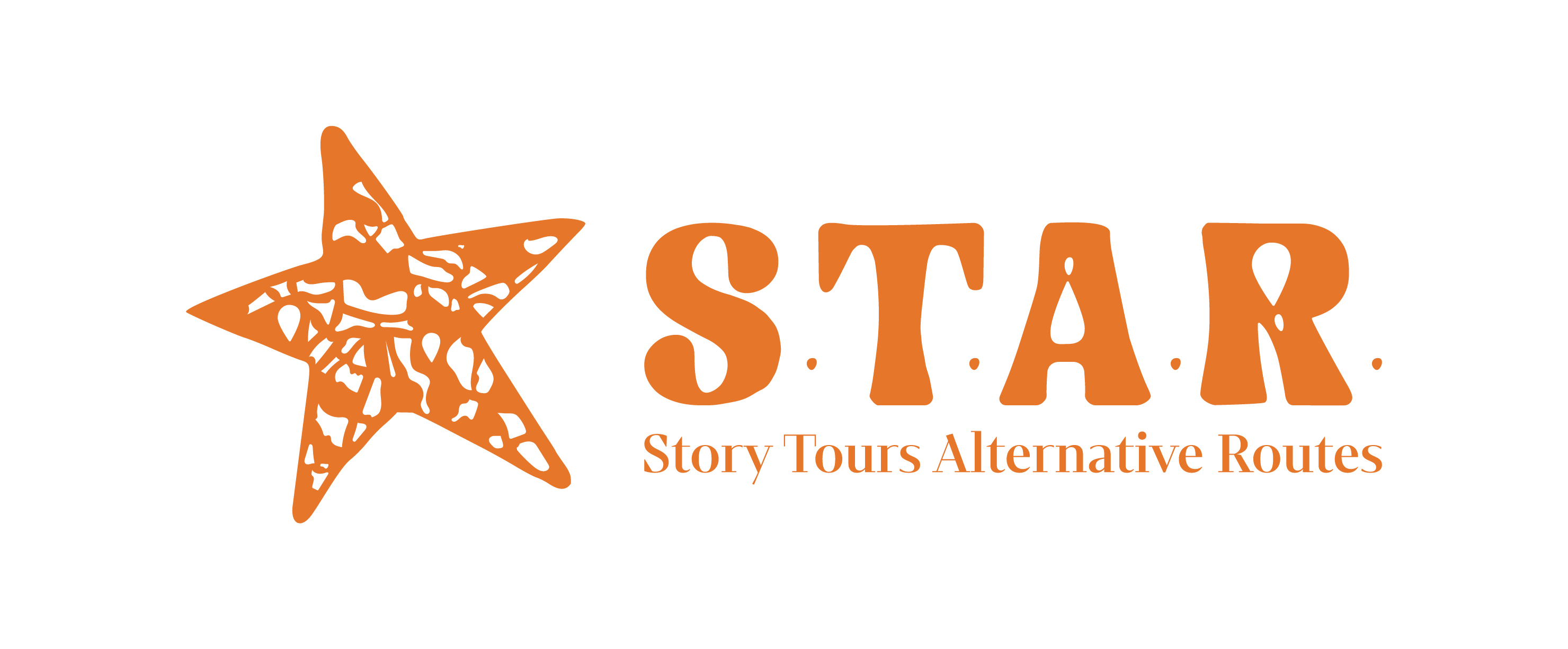STAR: Strengthening Youth Collaboration Through Educational Walking Tours
STAR project brings together six youth organisations from Europe, the Balkans, and the MENA region in a 30-month project aimes at strengthening collaboration and boosting capacity in the youth field. Using educational walking tours as a key development tool. These tours enhance their understanding of various topics and concepts, fostering personal and professional growth.
In our rapidly evolving digital world, youth organisations must adopt innovative digital methods to increase participation and promote inclusion. Our project aims to equip young people with valuable tools for personal and professional development, improve communication skills and increase their sense of agency.
Many young people lack the opportunity to engage meaningfully with different cultures and environments. Research shows that walking tours can significantly enhance intercultural competence, physical and mental well-being, and leadership skills. Our project aims to bridge these gaps, promoting inclusion and providing equal opportunities for all youth.
This project aligns with the European Year of Youth 2022, offering innovative digital transitions and empowering youth to become active, engaged citizens. It also supports the European Year of Skills 2023-2024 by increasing digital skills among young people, preparing them for leadership roles, and enabling them to become change agents in their communities.
Project Partners

Project Objectives
To meet the needs of partner organisations and enhance their impact, we have set the following objectives:
- Strengthen partnerships from six countries and increase NGO capacity to deliver impactful youth programs through a digital, inclusive, and sustainable approach.
- Improve organisational and project management skills through hands-on involvement in project processes like planning, budgeting, and risk management.
- Foster a culture of collaboration and learning by sharing best practices and experiences among partner organisations.
- Conduct research on educational walking tours as a positive youth development tool and disseminate results to influence youth and education policy.
- Empower young people, especially those with fewer opportunities, by providing them with leadership roles in transformative projects.
Expected Results
By the end of the project, we aim to achieve:
- Capacity Building: Four capacity-building sessions for youth workers, involving 72 participants. Pilot Projects: Two pilot project labs with 30 participants.
- Twelve educational walking tours, six of which will be digitised, and 18 youth workers and young people trained as educational tour guides.
- A virtual interactive educational tour map with over 2,500 visits and an interactive toolkit on educational walking tours.
- Guidelines and an awareness-raising campaign reaching more than 40,000 young people.
- A policy paper on the recognition of youth work and research on the effectiveness of educational walking tours in youth development.

